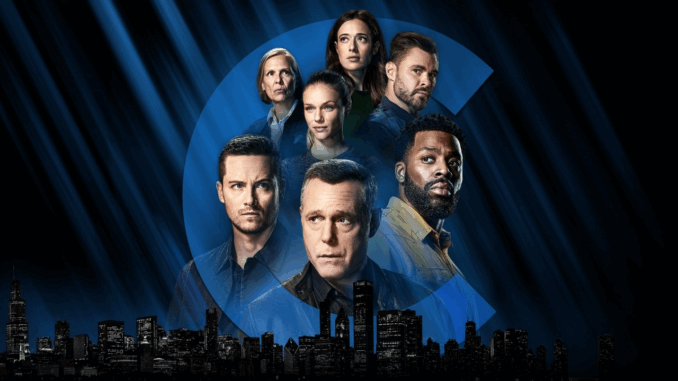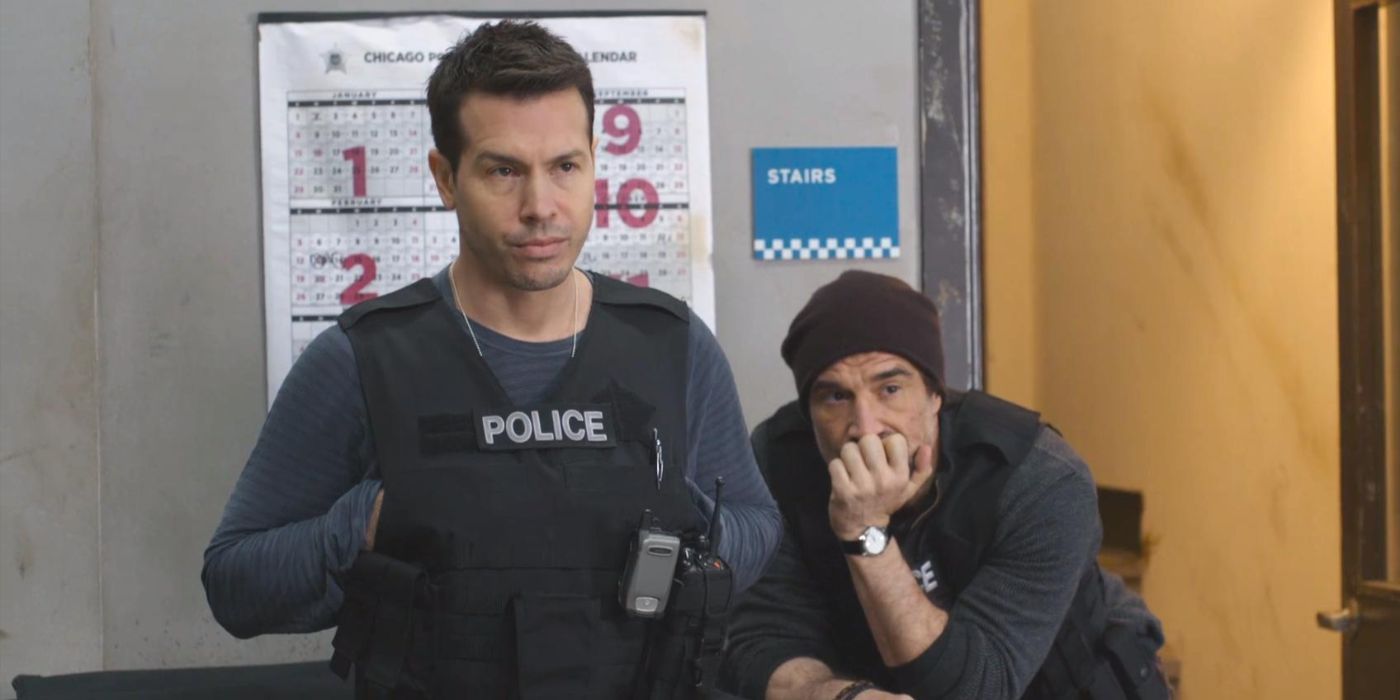
Chicago PD Is a Different Show 10 Years Later
Season 1 Works Better – And Not Just Because of Current Events
There are plenty of interesting Chicago PD Season 1 episodes, including two crossovers with SVU and Chicago Fire respectively. But what makes the first season still memorable is the way it digs into characters for extended arcs, whether it’s Antonio’s pursuit of Pulpo for the death of his partner and the kidnapping of his son, or the first of several instances in which Erin Lindsay’s troubled past comes back to haunt her. The ability to stretch storylines across multiple episodes gives audiences a deeper look into the characters that they center on. Unlike other cop dramas, it’s not just “here’s an elite police unit,” but “here’s why this is an elite police unit.” While later seasons have still done ongoing stories, sometimes plots and characters get wrapped up more quickly to move onto the next thing; in Season 1, it feels like there’s more room to breathe. The notable exception to this is the character of Sheldon Jin — by about midseason it becomes obvious that CPD doesn’t really need a full-time tech expert, so making him the mole and then killing him off isn’t a huge loss.

But one aspect the season definitely needs is the patrol element. There’s more room for comedy, namely in the stories involving Burgess and Atwater, who are still patrol officers. The banter between Burgess and Atwater, and then Burgess and Trudy Platt, is an incredibly special thing that’s gone by the wayside now. In fact, Amy Morton being a recurring cast member in Season 1 highlights how much Trudy is underused now; as a recurring, she appears when she has something memorable or important to do, and her scenes have more impact. The patrol side of CPD is something else that sets it apart, because viewers see the connection between patrol officers and detectives. It’s more efficient to have a TV show where everyone is on one team, but that also takes away an element of storytelling and has minimized Trudy’s role, too.
Even though some of the characters are in different parts of the department, though, Chicago PD Season 1 makes everyone feel like a team in the way they work together and support each other. This is the season where viewers are introduced to Nadia Decotis, and the storyline for Erin and Nadia is bittersweet but it’s still lovely to see the characters bond. Burgess, Ruzek and Atwater learn and grow, with Olinsky forcing Ruzek to work patrol while Atwater gets his first taste of Intelligence. A lot happens in Season 1 — multiple character deaths, an abduction, a near-stabbing, a broken engagement, a suspension and Voight being temporarily arrested — but it doesn’t feel overwhelming because the writers keep coming back to the characters and what these events mean to them. Of course, a decade later there are parts of the action that wouldn’t be so permissible (like Voight threatening to throw a suspect off the roof), but that’s not the biggest reason why Season 1 stands out. It’s just a much more tightly plotted season.
The lineup of guest or recurring actors also includes Supernatural‘s Robert Wisdom, Deadwood and Tracker star Robin Weigert, and The Mentalist‘s Amanda Righetti. Of course, one can’t overlook the tragic arc for Josh Segarra as Justin Voight; Segarra’s career subsequently exploded with his role on Arrow, and he’d eventually reunite with Wolf Entertainment with a recurring role on FBI as Maggie Bell’s boyfriend Nestor Ortiz. But before all that, Segarra played Voight’s son, and looking back it’s impossible not to wonder who Justin would be — and who Voight would be — if he had stayed out of trouble. The idea of family gets thrown around a lot in procedurals, but it’s an underlying theme in the first season of CPD, whether it’s biological family or the way the characters gravitate toward one another. When Voight says it, the word does mean something.
There’s still a lot to appreciate about Chicago PD ten years further on; the show wouldn’t have made it to 12 seasons if it wasn’t still drawing a huge fan base. But characters like Olinsky, Antonio, Erin and even Justin added a lot to the series’ initial tapestry and some of the holes they left behind have proven hard to fill. Things also somehow seem simpler back then, despite the fact that Season 1 throws everything but the kitchen sink at the Intelligence Unit. Chicago PD Season 1 is one of the best first seasons for a spinoff in TV history — and its sharp writing and strong performances, as well as its ability to seamlessly integrate with its predecessor, elevates the idea of what a spinoff or a franchise is. Nowadays everything is or wants to be a franchise, but Chicago PD proved why that even matters at all.
